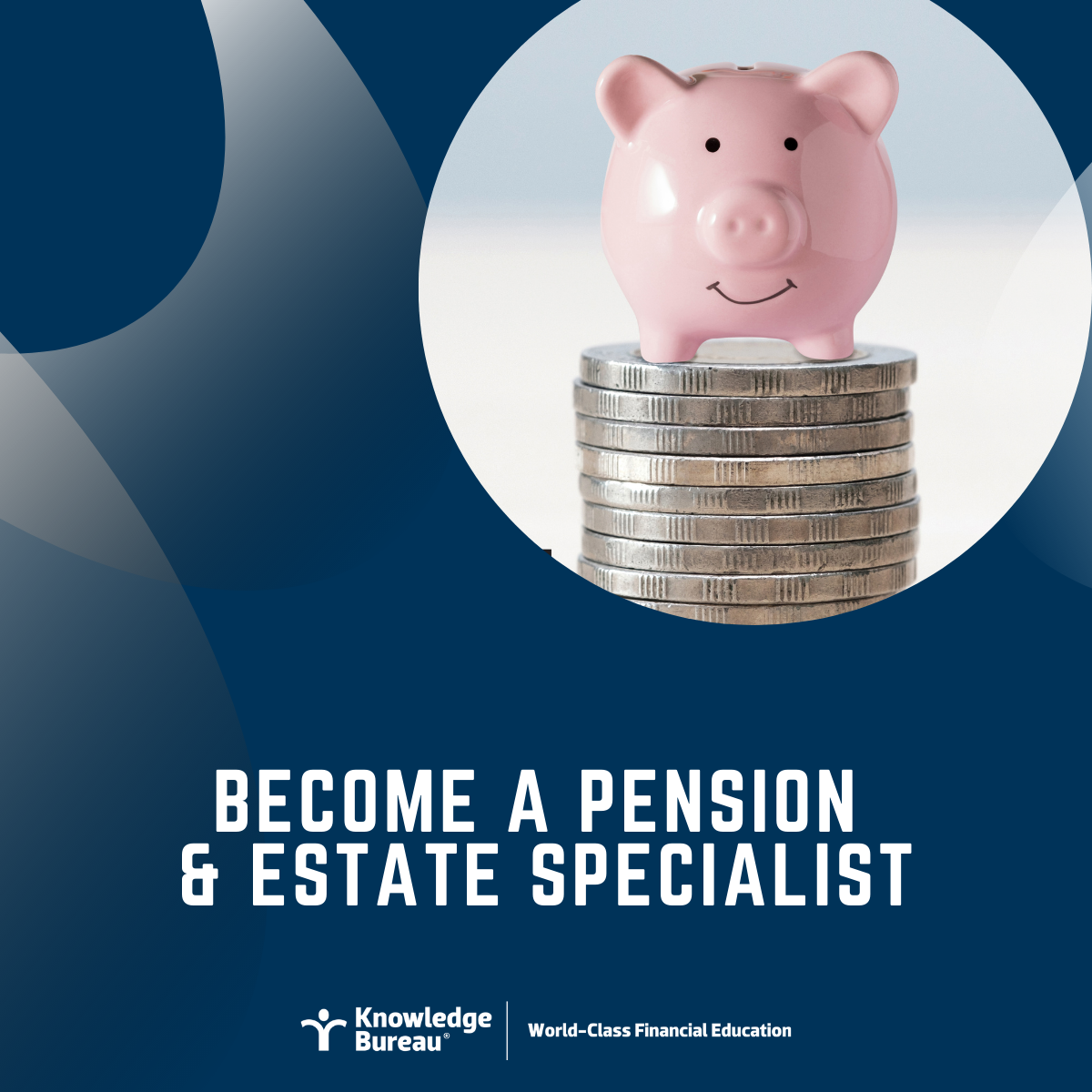Last updated: May 26 2021
Who Should Use a Personal Pension Plan & Why?

One of the most fascinating educational sessions at the May 20 CE Summit was given by JP Laporte BA, MA, JD, RWM, on the benefits of Personal Pension Plans. As the proprietorship tax filing deadline is coming up soon on June 15, it is a conversation advisors might want to have with clients who are thinking about incorporating and planning their wealth accumulation strategies at the same time. Consider 5 fundamental reasons for doing so:
- Reduce Tax On Passive Income (TOPI)
- Reduce corporate tax and turn that money into registered, tax deferred growth.
- Purify the corporation to trigger lifetime capital gains exemption
- Pass wealth from one generation to the next without any deemed disposition on death (« insurance without paying the premiums »)
- Creditor-protect your assets
- Create an independent source of cash that isn’t tied to the fortunes of the business
But in addition, the financial opportunities are significant:
- One can usually TRIPLE the amount of tax assistance available over an RRSP.
- One can use the PPP to purify a corporation prior to sale
- One can use the PPP to nullify taxes assessed on the corporation when assets are sold.
- One can pass wealth from one generation to the next on death without facing a deemed disposition
- One can invest in the United States without facing taxation on returns on either side of the border
- One can invest in asset classes that are not RRSP-eligible
- One can write-off the investment management fees
- One can income split income with a spouse at any age (RRSP starts at 65)
The smaller, owner-operator submarket of the private sector with the key shareholders and their families in mind will find the PPP especially valuable.
Notably, the law relating to RPPs restricts the provision of pension solutions to individuals who are classified as “employees”. As a result, the following types of potential clients are not eligible under the current rules:
- Sole proprietors who run their own businesses personally.Why? Because they are not employed by anyone. There is no ‘master/servant’ relationship and as a result, no T4 compensation paid.
- Partners in a general partnership.Why? Partners are individual business owners that join forces via a partnership to generate income.Since none of the partners are employees
 of the other partners, there is no ‘master/servant’ relationship and the compensation received by the partner is not T4 in nature.
of the other partners, there is no ‘master/servant’ relationship and the compensation received by the partner is not T4 in nature. - Business owners who strictly rely on dividend income from the corporation they own.Why?Dividends are a shareholder right, not one stemming from the employment relationship.As such, this is not ‘pensionable’ and the compensation received from a corporation in the form of dividends cannot be used to justify putting a pension plan in place.
As with all general rules, there are exceptions of note. For example, while a “Partner” in a law firm would normally be ineligible to participate in a pension plan, if the partnership decides to hire one of the partners as their “Chief Executive Officer” to assist the running of the law firm, and pays that individual a salary, the CEO would be eligible for a plan.
Likewise, a business owner that receives the bulk of her compensation from her corporation via dividends but also receives a salary, as the President would be eligible for a pension plan. The fact that dividends form part of the overall compensation mix does not prevent the establishment of a plan.
For further detail on how to advise clients, and to learn more about this interesting way to accumulate wealth, enrol in the Personal Pension Planning Certificate Course from Knowledge Bureau today.
Missed the CE Summits and the Advanced Retirement and Estate Planning course that comes with it? Enrol now and receive access to the recorded presentations.

